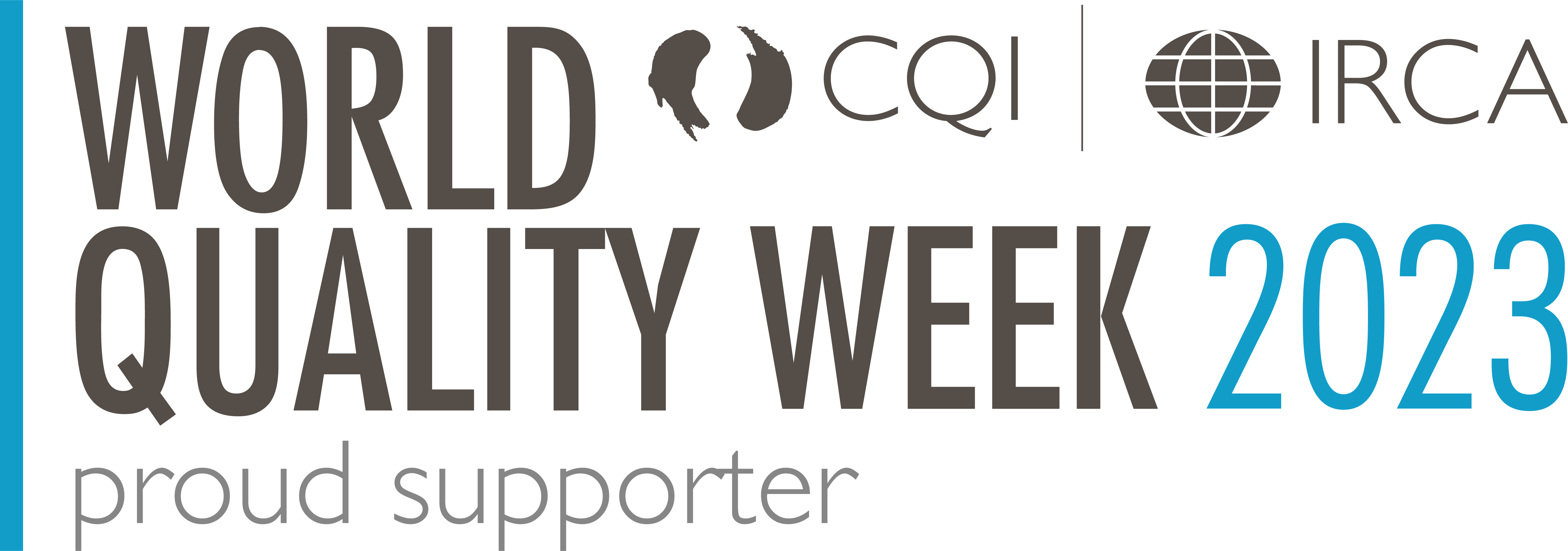In recent years, due to a combination of things like post-Christmas blues, cold dark nights and the arrival of unpaid credit card bills, the third Monday of January has earned the gloomy title “Blue Monday”.
Falling on January’s third Monday, “Blue Monday” is thought to be the most depressing day of the year. This is apparently based on a calculation taking a number of different factors into account, including dismal weather, post-Christmas debt, guilt at failing to keep up New Year’s resolutions and dissatisfaction about going back to work.
“Blue Monday”, however, is a myth, originating from a PR stunt that was originally dreamed up to sell holidays. Since then, it has been used as a PR event, often with the intention of promoting things that are vaguely linked to improving our wellbeing, quite often with little or no evidence.
When it comes to Mental Health, what constitutes a 'good’ or ‘bad' day is unique to each of us, and so trying to identify which date is the most depressing day of the year is pointless. Everyone’s circumstances are different, and different times of the year will be harder for some than others.
Considering how much time we spend at work, it’s not surprising that workplace environments and culture affect our wellbeing. Smart employers understand that their organisations perform better when staff are healthy, motivated and focused. Research consistently shows that when employees feel their work is meaningful and they are valued and supported, they tend to have higher wellbeing levels, be more committed to the organisation’s goals and, importantly, they perform better too.
Here are some practical things employers can do to promote wellbeing and tackle the causes of work-related mental health problems:
1. Develop a Mental Health Strategy – A clear policy setting out how the organisation promotes wellbeing, tackles the problems of work-related mental health problems and supports staff.
2. Carry out a Policy and Practice Review - Make sure your HR policies are joined up and inclusive of mental health.
3. Ensure Line Managers are Confident Discussing Mental Health - Managers need training and clear guidelines so they’re well equipped to support staff experiencing a mental health problem.
4. Normalise Mental Health - Make sure managers regularly meet with staff, ask them how they’re doing and are open to discuss issues such as personal development, workload and personal issues.
5. Routinely Take Stock of Mental Health - Look out for areas of the organisation or job roles where there’s a risk of poor wellbeing – if timesheets show excessive hours, or if
6. Promote a Good Work/Life Balance - Encourage staff to work sensible hours, take full lunch breaks and recuperate after busy periods.
7. Promote Positive Work Relationships - Encourage staff exercise and social events, support a culture of teamwork, collaboration and information-sharing and back this up with robust policies on bullying and harassment.
8. Prioritise Personal Development - Support managers to have regular work-related conversations with employees, to coach them and share learning.
9. Foster Employee Engagement – Seek out the views of staff, listen to what they say and take action to address any issues identified. This can help, you better understand and improve your organisation and staff will repay you with stronger commitment.
10. Ensure the Voices of People with Mental Health Problems are Heard - Staff forums, diversity networks and other structures that represent the voice of employees should involve and include staff with mental health problems. This helps ensure employers understand people’s experiences and can also encourage colleagues with mental health problems to become role models and advocates across the organisation.
Samaritans have renamed Blue Monday ‘Brew Monday’ and are encouraging people to stop this myth about the third Monday in January being 'blue' and instead start a conversation over a brew! Reach out and connect with family, friends, colleagues and loved ones. You can find more information here - https://www.samaritans.org/wales/support-us/campaign/brew-monday/
Sources
Mental Health Foundation - https://www.mentalhealth.org.uk/explore-mental-health/blogs/what-does-blue-monday-mean-our-mental-health
Awareness Days - https://www.awarenessdays.com/awareness-days-calendar/blue-monday-2023/
Mind - https://www.mind.org.uk/media-a/4662/resource3_howtopromotewellbeingfinal.pdf
Samaritans - https://www.samaritans.org/wales/support-us/campaign/brew-monday/






